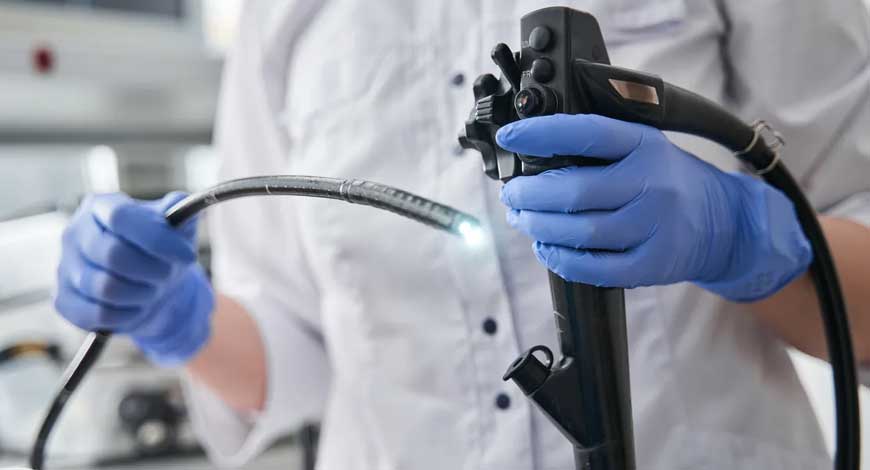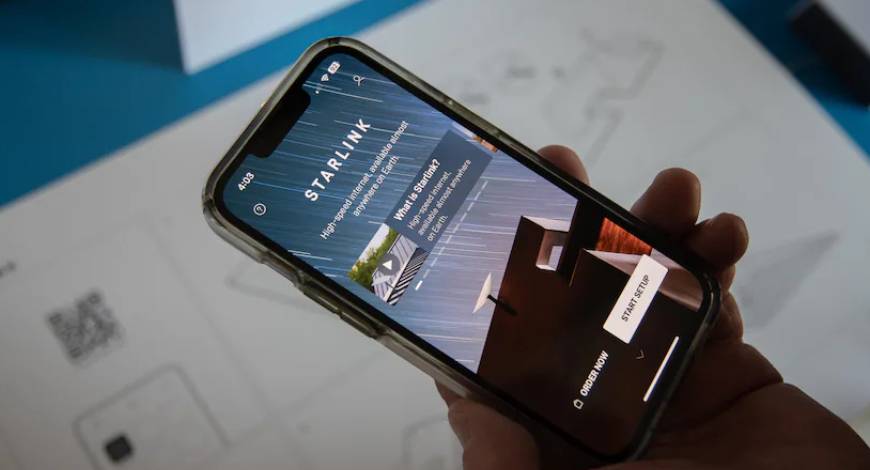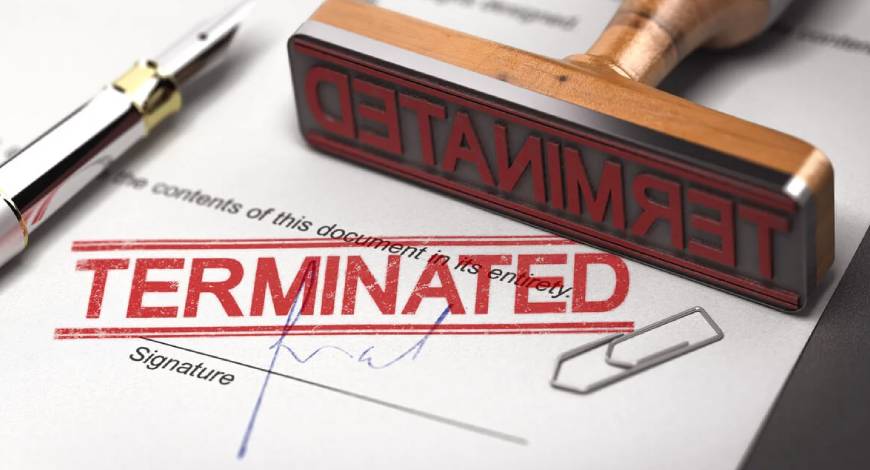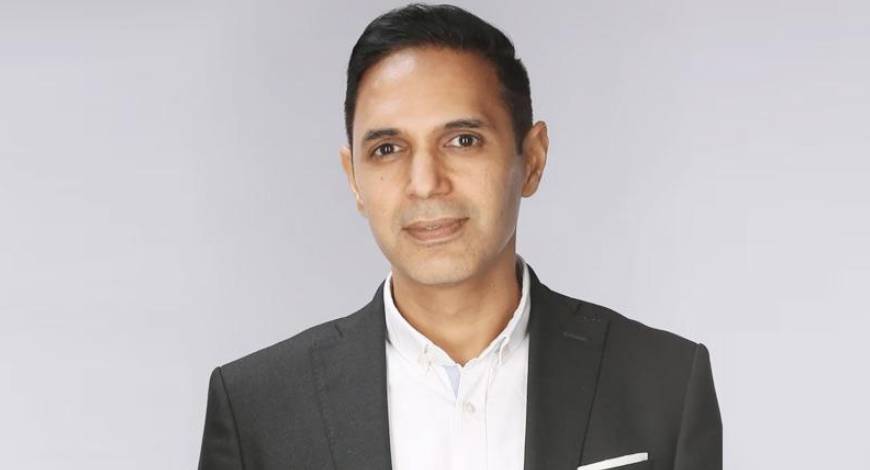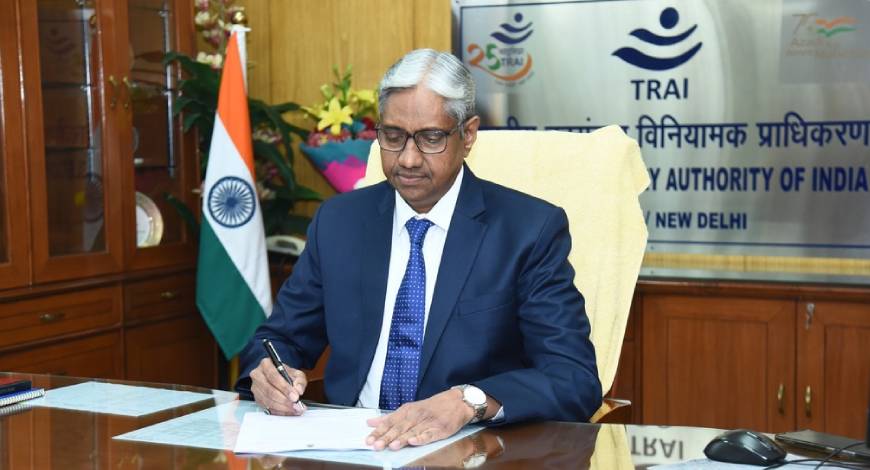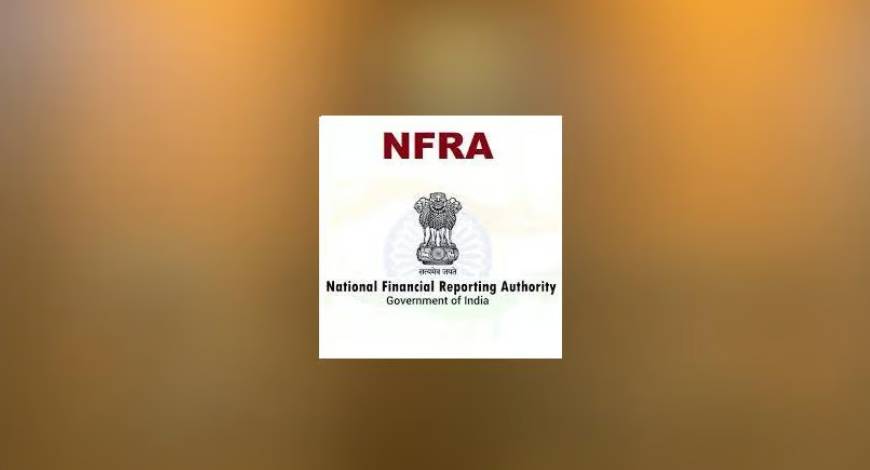British Airways owner IAG SA is in discussions with Elon Musk’s Starlink to outfit its jet fleet with Wi-Fi service, reflecting the increasing inroads SpaceX’s satellite internet business is making with major global carriers.
IAG, which also owns Spain’s Iberia and Ireland’s Aer Lingus, hasn’t made a final decision and is weighing options with multiple providers including Amazon.com Inc.’s nascent Project Kuiper, the airline group’s head of innovation, Annalisa Gigante, told Bloomberg in an interview.
“We are working a lot, both with Starlink and with Amazon’s Kuiper,” Gigante said. “We’ve got some really exciting things coming up, but that’s going to be for next year.”
The talks underscore a looming shakeup in the aviation services market fueled by the deployment of satellite constellations orbiting closer to Earth. Airlines are inking deals with Starlink and others to replace costly, limited in-flight Wi-Fi. Expanded satellite bandwidth has helped to produce web-surfing experiences closer to what consumers expect on the ground.
Starlink, SpaceX’s internet-from-space initiative, serves some 4 million customers through a network of thousands of satellites in a relatively low orbit around Earth. Together, the spacecraft work in tandem to beam broadband internet coverage to the ground below.
One obstacle for Starlink is the complexity of the certification process, Gigante said. She said IAG is evaluating various options, including when the group could install a new service.
US airlines can easily switch on Starlink because it’s already certified by the Federal Aviation Administration, but European carriers have to go through a certification process, Gigante said. British Airways would need a separate certification from Iberia, she said.
“There has been an announcement frenzy,” Gigante said. “I really want to make sure that when we announce it, we can actually implement it.”
Asked about the discussions with IAG and the comments on certification, a SpaceX spokesperson said by email, “this is not accurate,” without providing specifics or elaborating.
Amazon plans on launching the first operational satellites for Kuiper early next year, with service beginning by the end of 2025. The company didn’t respond to requests for comment.
Starlink Deals
United Airlines Holdings Inc. announced a deal in September with Starlink for onboard internet in Musk’s biggest coup so far with major carriers. Outside of the US, AirBaltic is expected to be the first carrier in Europe to provide Starlink on its fleet. The service is used by Qatar Airways QCSC, while Air New Zealand Ltd. and ZIPAIR Tokyo Inc. have announced agreements with the company.
Starlink’s growth with residential customers in rural areas, maritime shippers and beyond is among the factors pressuring the shares of traditional satellite internet providers like Viasat Inc. and Gogo Inc.
IAG in 2017 announced an inflight broadband deal with Inmarsat, which was acquired by Viasat last year.
Analysts say established internet providers will remain the market leaders for several years, given the industry’s slow-moving nature and because Starlink doesn’t yet offer considerably more than competitors. Business Standard
